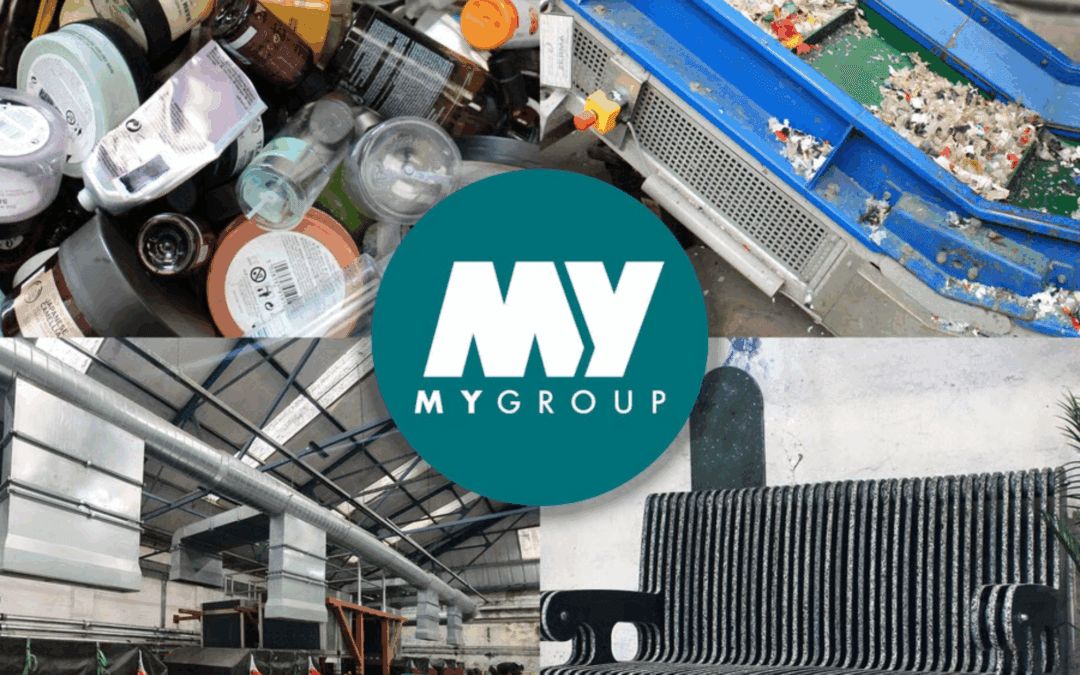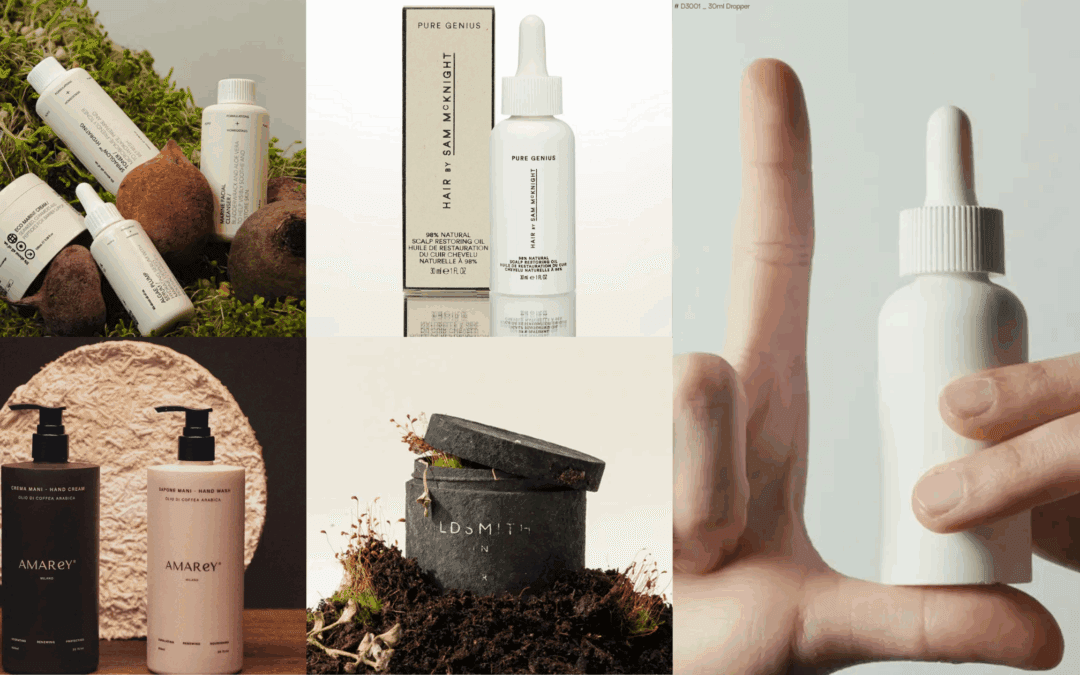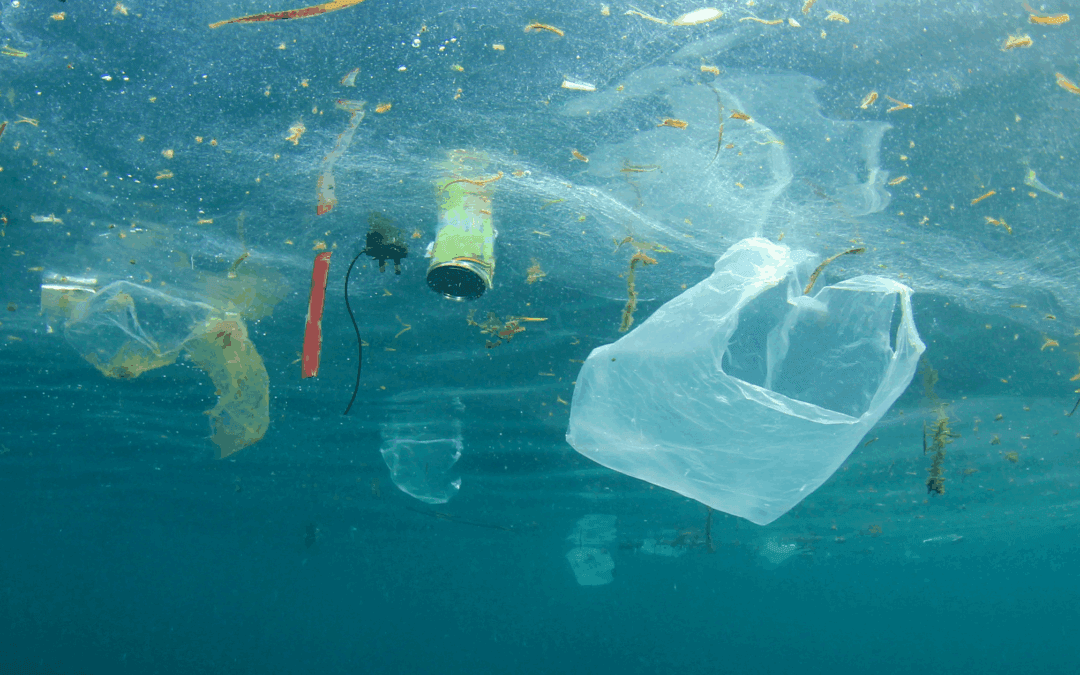Following support from both industry leaders and consumers, world-leading legislation will be passed in the UK later this year to ban wet wipes containing plastic
On Monday 22nd April, the UK Government announced that wet wipes containing plastic will be banned across the United Kingdom. The announcement was made by Environment Secretary, Steve Barclay, on Earth Day 2024. He committed to the ban being introduced before summer. Northern Ireland, Wales, and Scotland will follow in autumn.
The ban is a positive step forward by the UK government in its tackling of plastic pollution and its destructive effect upon the planet. It comes following steadfast and positive engagement between government, the Council, and industry in favour of a ban.
It’s well known that wet wipes containing plastic are difficult to break down, threatening wildlife and biodiversity as well as causing obstructions in water infrastructure. In 2018, the Department for Environment, Food and Rural Affairs classed wet wipes as a serious environmental hazard, rivalling plastic bags in terms of their damage.
However, the impact of plastic-containing wet wipes upon the environment has been recorded in the last few years. According to government data, an average of 20 wet wipes are found every 100 metres of beach across the UK.
To prevent this, brands and retailers across industry such as Boots, Superdrug, Holland & Barrett, M&S and Estée Lauder Companies have already moved away from plastic-containing wet wipes. This autonomous work has given clear indication to Government that industry can, and is eager to, make the transition and serves as a green light for legislation in this area.
Prior to the government’s decision, there was also an overwhelming public support for a ban. In the 2023 consultation on this wet wipes, 95% of people agreed or strongly agreed with the proposed ban.
The main divergence in opinion came from the manufacturing sector, with some manufacturers vocalising concerns about the money needed to invest in plastic alternatives. Currently, only 12% of manufacturers solely produce plastic-free wet wipes.
Chief Policy of the British Beauty Council, Victoria Brownlie said:
‘With innovation where it is today, there is simply no excuse for wet wipes containing plastic to still be necessary. The beauty industry has been ahead of the curve in this regard, with many brands and retailers phasing out their use in favour of plastic free alternatives some time ago.
‘Regulation is, however, necessary to ensure everyone is operating in this way. We hope this is just the beginning of Government action to support the transition away from plastic use. In the meantime, the Council will continue working under the remit of its Sustainable Beauty Coalition to collaborate and innovate as an industry for a sustainable future.’
The reaction to the ban has been positive amongst consumers and large retailers alike. There will be an 18-month implementation period following the legislation being passed, giving remaining retailers, manufacturers and consumers time to invest in plastic-free wipes.





